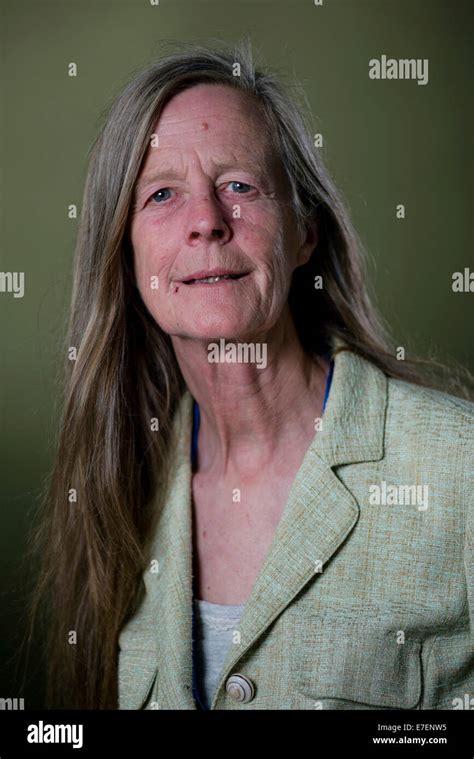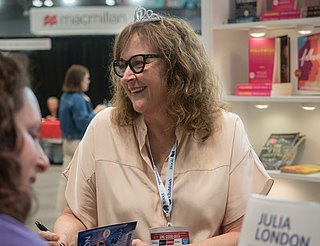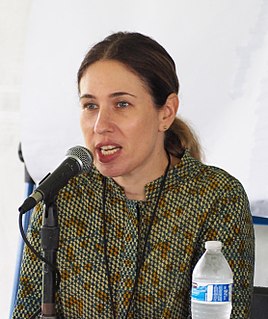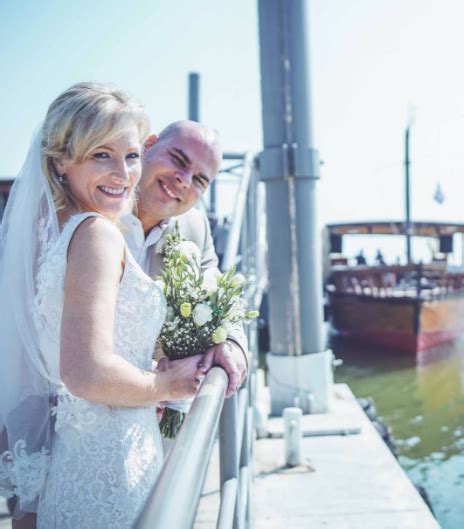A Quote by Sarah Weinman
I retain characters more often than plot, but what seems to happen is that I latch on to specific moments, turns of phrase, and dialogue as touchstones for me to recall what happened in the book. Kind of like freeze-frame.
Related Quotes
Writers often like to talk about how intuitive the writing process is, but in truth, building a book is a remarkably unintuitive task. Or, to put it more accurately, you need a lot more than intuition. You need plot and characters. You need a setting. You need a theme that is relevant and supported by your text.
What I like and find liberating in dialogue comedy is that the characters, and what they say, are not me. These are fleeting thoughts and observations and not presented as truths but as something that illuminates the character and the dynamic between the characters. This kind of dialogue is thesis and antithesis - and we never get to a synthesis.
Of course we also live in a world of great beauty, sacrificial and passionate love, tenderness, prosperity, courage and joy. But quite a lot of all that seems to happen regardless of the paradigm and the high thoughts of philosophy. It has always happened. It is precisely because it has always happened that we go on wrestling with these issues in the hope that it can happen more often and for more people.
I find that I am much slower in the beginning of a book. I am thinking of the plot, of the characters and who they are, and where they are going. I often throw out a lot of the writing I start with, because the characters and plot improve as I write. Or perhaps I should say it is my hope they will improve as I write.
The writer must always leave room for the characters to grow and change. If you move your characters from plot point to plot point, like painting by the numbers, they often remain stick figures. They will never take on a life of their own. The most exciting thing is when you find a character doing something surprising or unplanned. Like a character saying to me: ‘Hey, Richard, you may think I work for you, but I don’t. I’m my own person.’
The best moments involve a loss of control. It's a kind of rapture, and it can happen with words and phrases fairly often - completely surprising combinations that make a higher kind of sense, that come to you out of nowhere. But rarely for extended periods, for paragraphs and pages - I think poets must have more access to this state than novelists do.
With a novel, you have the reader with you a lot longer, and you owe him a lot more. Obviously you have to have a plot - I say "obviously," although I think a lot of fiction doesn't, and nothing seems to happen. But to me, there should be something that happens, and it should be at least vaguely plausible. And because the readers are going to be with these characters for a long time, you have to get to know them and like them and want to know what happens to them.
I've learned you can always achieve more than you thought you could. There are moments when I've walked off the court, and I'm like, 'I don't know how I won that match.' It was actually impossible, but it happened, and then you realize that you can push yourself much further than you ever thought, and you can make the impossible happen.
































